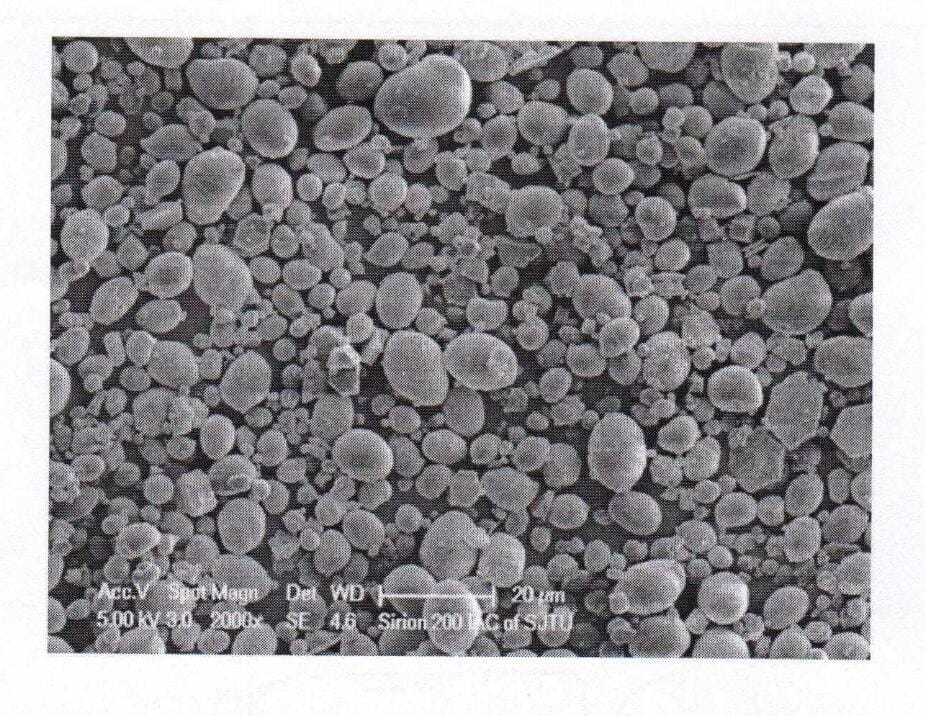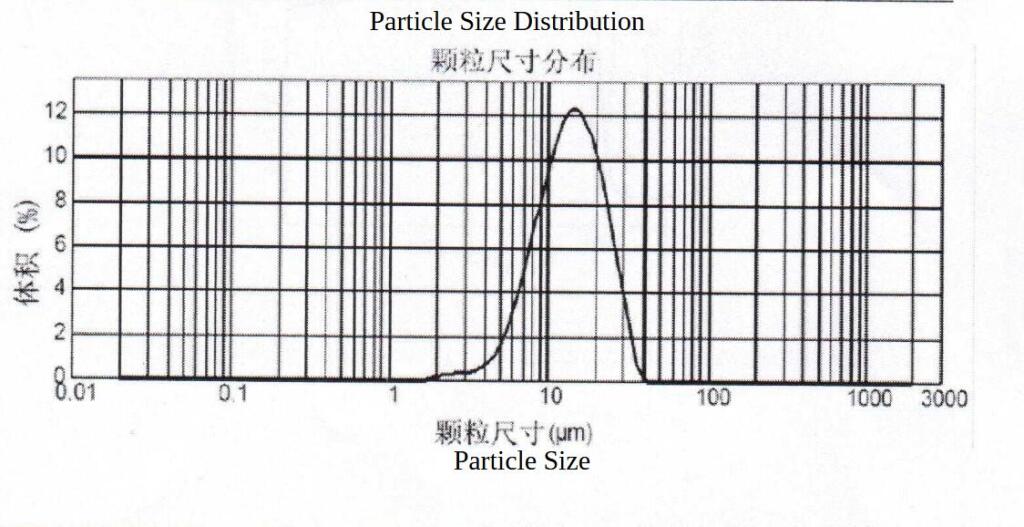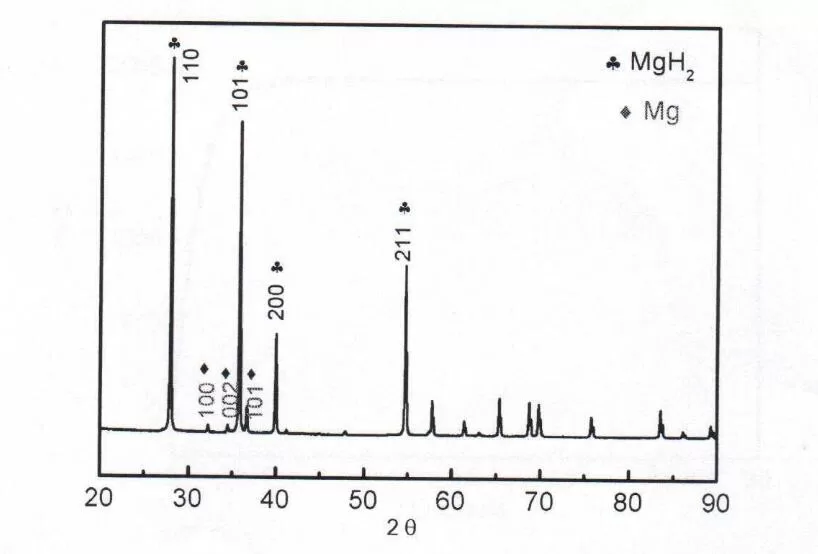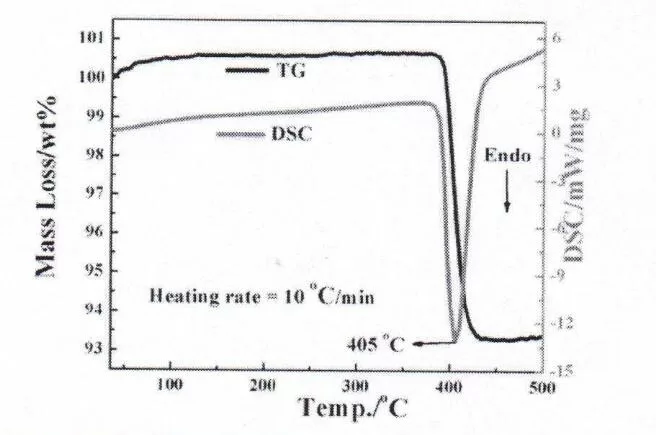Magnesium hydride is tetragonal system colorless cubic crystal or offwhite powder. It is hdyrogen source for fuel battery below 10000W. Hydrogen amount releasing by water is higher than 14.8wt%, which is much higher than high pressure gas hydrogen storage tank(70MPa,~5.5wt%0 and heavy metal hydrogen storage material(<2wt%). Further Magnesium dihydride is safe and highly efficient, which can improve present hydrogen storage method. Hydrolyzing magnesium dihydride as supply hydrogen system in pem fuel cell, which improve energy density of the system significantly. Solid Mg-H fuel battery systems with high-energy density is developed too and its whole energy density is 3-5times higher than lithium battery.
Magnesium Hydride
Morphology of MgH2

Particle size Distribution

XRD

Elemental Analysis
| Items | Contents | Tolerance |
| Mg | 99.89513% | 0.0713% |
| P | 0.02982% | 7.5188% |
| Ca | 0.05888% | 3.7615% |
| Fe | 0.00611% | 9.5561% |
| Ni | 0.00224% | 17.6397% |
| Cu | 0.00306% | 11.6300% |
| Zn | 0.00477% | 6.6160% |
Hydrogen Desorption Temperature

Synonyms: Magnesium dihydride, Magnesium hydride hydrogen storage grade
Category: Material for hydrogen storage, Metal Hydride, Alternative Energy, Sysnthetic Reagents
Molecular Formula: MgH2
Molecular Weight:26.32
CAS No.:7693-27-8
EINECS No.:231-705-3
Density:1.45g/mL
Melting Point:>250℃
Solubility: insoluble in normal organic solution
Applications
Known for its high hydrogen absorption capacity, lightweight nature, and thermal stability, magnesium hydride is a valuable material in advancing clean energy technologies and other innovative applications.
One of the primary applications of magnesium hydride is in hydrogen storage systems. Its ability to reversibly absorb and release hydrogen makes it an attractive option for fuel cells and hydrogen-powered vehicles. By providing a safe and efficient means of storing hydrogen, MgH2 plays a crucial role in the development of sustainable energy solutions aimed at reducing greenhouse gas emissions and enhancing energy security.
In addition to its role in hydrogen storage, magnesium hydride is being explored for its potential in various metal hydride alloys. When combined with other metals, it can enhance mechanical properties and improve the overall performance of materials used in aerospace, automotive, and other high-performance applications. This capability positions MgH2 as a critical component in the development of lightweight, durable materials that meet the demands of modern industries.
Furthermore, magnesium hydride is also being investigated for its potential in catalysis and as a reducing agent in chemical reactions. Its reactivity can facilitate various chemical processes, contributing to advancements in material science and organic synthesis.
Magnesium dihydride powder get applications in hydrogen absorption machine and hydrogen storage.
